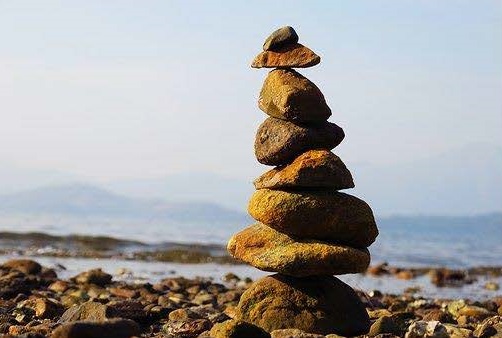

I am a white, middle-aged, middle-class woman living in the Pacific Northwest of the USA. I grew up in urban Detroit which is very diverse, and I have been aware to some extent of race and racism from a young age. I have an adopted black brother who I wish I could protect from racial discrimination, but I can’t. Like other black folks, my brother has shared stories about unfair treatment by police. Just hearing these stories angers me, and I can’t imagine how much more I’d feel if I were the one being abused by state power.
Like many of us, I am strongly affected by recent events related to Covid-19, its unequal effects on people of color, police violence, and mass protests for justice and change. These events have highlighted the racism and classism of our social systems. In relation to these huge events, my feelings are often visceral and tangled. And what can’t be said and shared is nevertheless held in my body.
Just this week someone told me that her favorite phrase of the day is, “breathe, breathe, breathe.” This is a great self-care practice: 
After writing this, I am even now reminding myself to “breathe, breathe, breathe.” Maybe you’d like to join me in a few moments of conscious breathing. I draw comfort and healing from embodied practices personally. For several years I have contemplated how embodied inner practices like mindful breathing, Focusing, mindfulness meditation, and others are related to social justice. I believe embodied inner practices can be powerful ways to heal and transform internalized oppression. Yet, I worry that embodied practices can further oppressive dynamics if they only help people feel more comfortable with the status quo. It is a tension that is worth grappling with, and likely depends on how our practices are done.
Recently in an online Focusing class, the teacher led us in an embodied inner work exercise. We offered welcoming attention to something that triggered us. I chose to focus on the horrible image of the policeman’s knee on a black man’s neck. At first, I felt a collapsed sadness in my drooping face, and it gradually unfolded into a whole body sense of solid outrage. The embodied sadness and outrage gave me a visceral sense of “injustice.”
Not long after this, I offered to facilitate an equity, diversity, and inclusion committee at my workplace. I believe my capacity to take action outwardly came from the full body solidity I accessed in this inner exercise. This is just a small step, but points to how embodied practices can link up with social justice issues.
It is lifelong work to heal and free ourselves from the dynamics of oppressive systems. I hope those who are interested in both embodied practices and social justice will continue to find ways to weave them together. For now, won’t you join me in taking a few moments to honor our living bodies and breathe, breathe, breathe.
Copyright © 2024 - Focusing Initiatives International, All Right Reserved. - Privacy Policy, how we process your personal data.